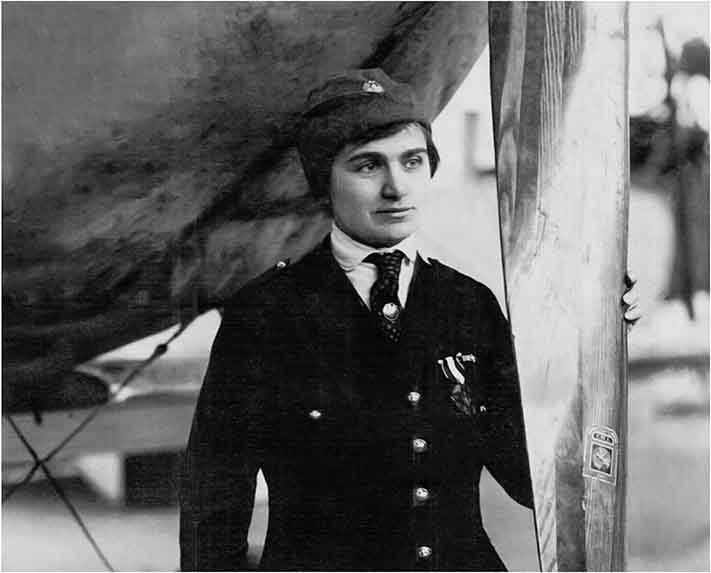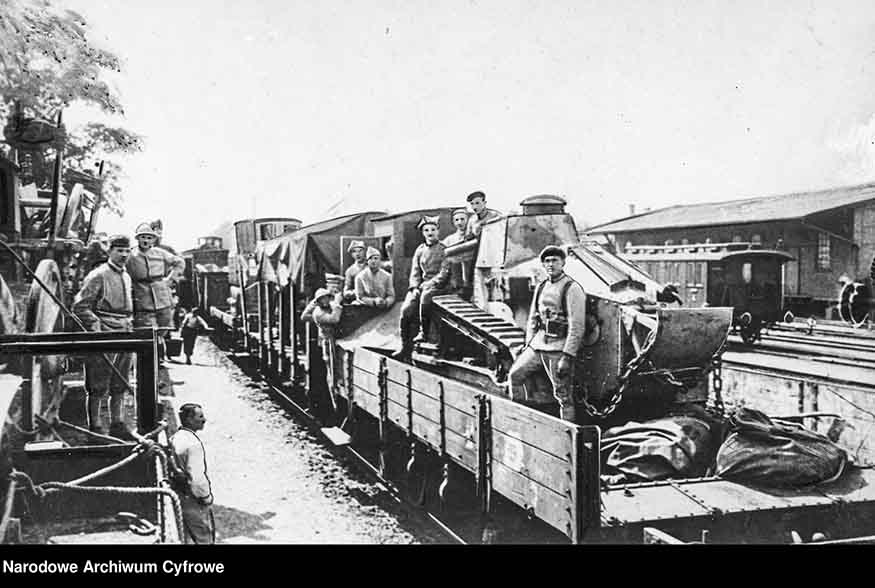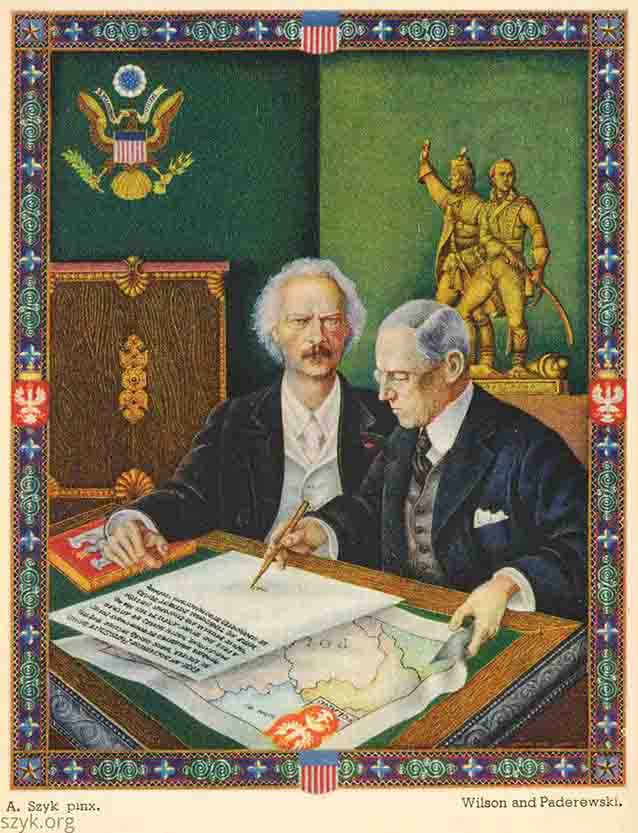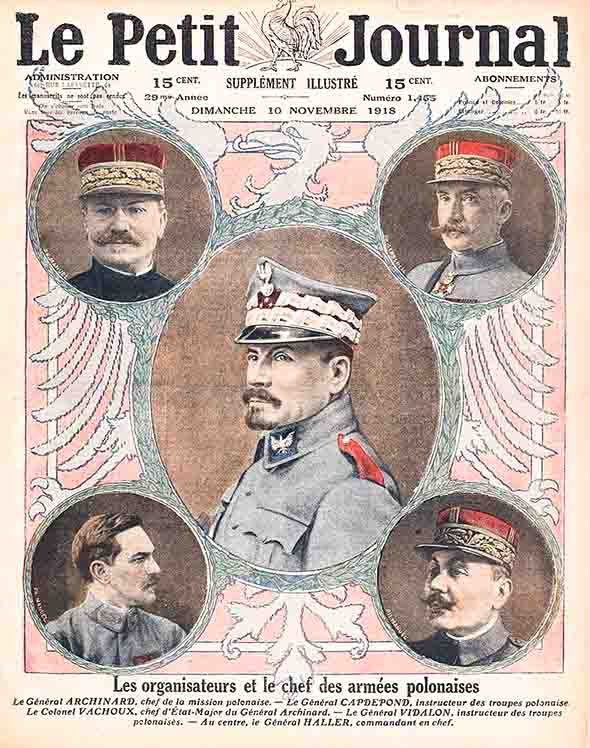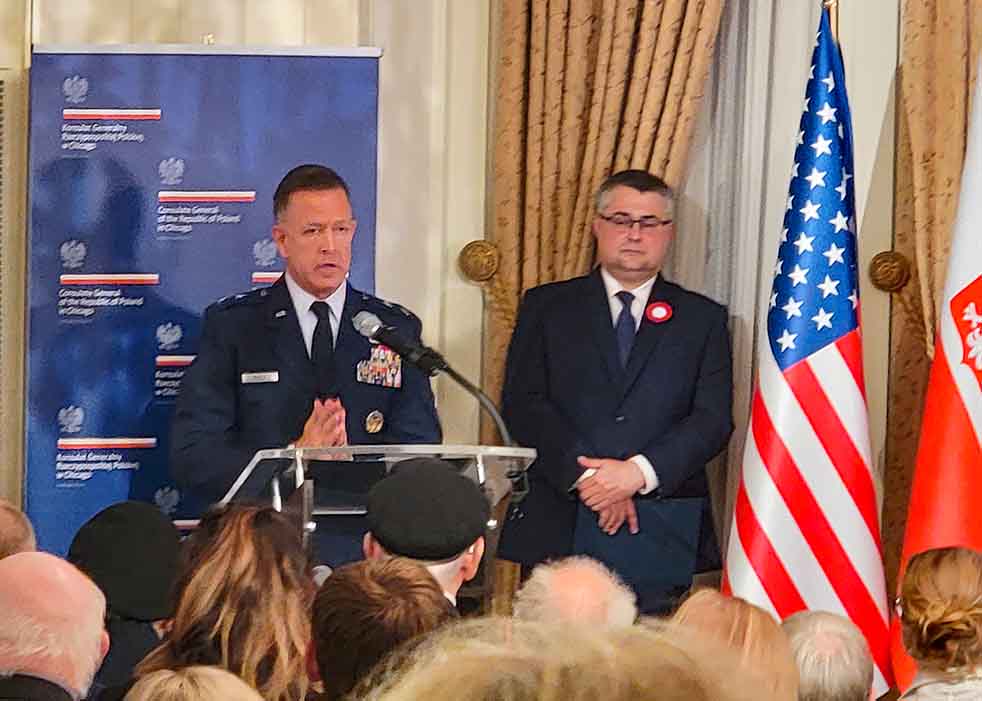The celebration of Independence forces us all to reflect. It forces us to analyze the facts: what has been done to fix Poland and what has not. Many activities after 1989 are still in doubt.
First of all, great doubts are raised by the fact that the guilty of communist crimes, scandals and many other transgressions committed during the formation of the Independent were not held accountable. We all observe, also here overseas, that the exposure of the truth requires a lot of efforts to regain the proper sense of patriotism and moral principles in following the Polish raison d'état. In order to build a new state, it must be done on sound moral foundations.
Certain areas of the state's functioning should be placed outside the political game. They certainly include the Polish armed forces, secret services and diplomacy. In order to regain a proper place on the map of sovereign and serious countries, we must move these areas beyond the realm of political struggles, and people from these areas cannot engage in political activities. Although there is an ongoing debate on the transformation of the army, it is worth taking action in other areas. However, the vectors of these activities should be subject to public debate. In order for it not to be another squabble among politicians, this debate needs to be transferred to the experts. They must not take place on the Internet only. They must take place in the mainstream media, so that their significance reaches all Poles.
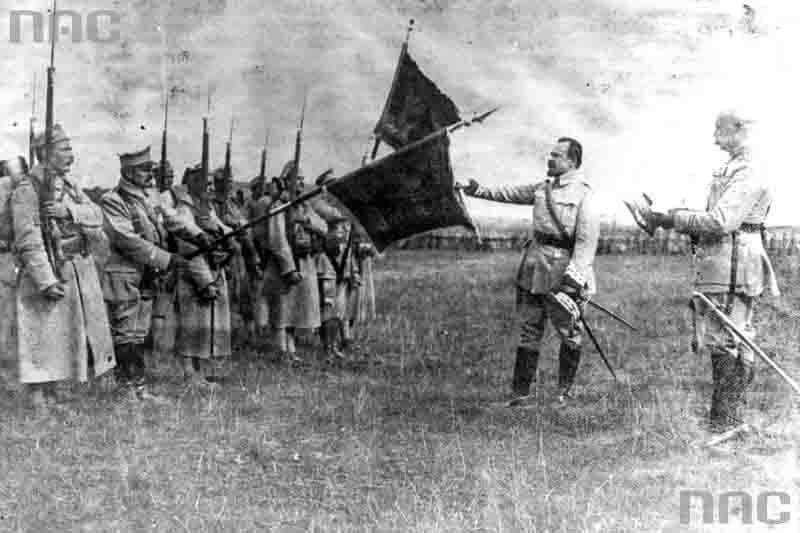
General Haller and the Blue Army (Source: NAC)
One of such debates should undoubtedly concern the building of pro-Polish lobbying in countries strategically important for Poland. To promote Poland's strategic interests, a well-thought-out, long-term strategy is needed, based on a sincere willingness to cooperate with the Polish diaspora. The research results of the Piast Institute in Michigan confirm the image of the Polish diaspora that is modern, educated, wealthy and proud of its origin. It seems that the Polish diaspora has the potential that can not only help strategically support Polish interests in Washington, but also help change the image of Poland in the eyes of the average American. For this, however, we need a cross-party vision of cooperation with the Polish diaspora.
Treating the Polish diaspora as a secondary thought is in the interest of those who would like to weaken our country. This state of affairs has been in force since 1934, when the Sanacja abandoned wide and extensive cooperation with the American Polonia. After Paderewski's leadership, the unification of the Polish community and reaching the highest representatives of power with President Wilson, and the success of this action, we had a policy of minimizing what had been achieved. On the contrary, instead of building up the position of the Polish diaspora on the great success of Poland's regaining independence in cooperation with the American administration, the process of its subordination began. It seems that no one has studied this event in Warsaw to date. Paderewski's success and the influence on President Wilson in order for Poland to occupy an important place on the US president's roadmap significantly contributed to the regaining of independence by Poland in 1918.
However, it should be remembered that Paderewski did not do the work all by himself. It is worth mentioning at this point about the first Polish millionaire, Jan Smulski, as well as about Dr. Teofil Starzyński and hundreds of others, about whom no one knows in Poland, and the whole matter — including the sending of 22,000 Blue Army volunteers — is still largely unknown in Poland to this day, and their role in Poland's regaining its independence is met with silence.
Translation from Polish by Andrew Woźniewicz.




